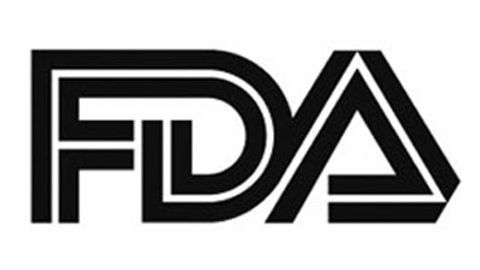FDA Grants Orphan Drug Designation to Novel Monoclonal Antibody in Multiple GI Malignancies
An Orphan Drug Designation had been granted by the FDA to the CD40 antagonistic monoclonal antibody, APX005M for the treatment esophageal and gastroesophageal junction cancer, as well as for the treatment of patients with pancreatic cancer.

An Orphan Drug Designation had been granted by the FDA to the CD40 antagonistic monoclonal antibody, APX005M for the treatment esophageal and gastroesophageal junction cancer (GEJ), as well as for the treatment of patients with pancreatic cancer, announced the developer Apexigen, in a press release.1
These orphan drug designations are important regulatory milestones for Apexigen in its mission to treat cancer patients and for APX005M, which has the potential to meaningfully impact the standard of care across multiple types of solid tumors. We are evaluating APX005M in a broad clinical program that includes more than 10 clinical trials in various indications and therapeutic combinations," said Xiaodong Yang, MD, PhD, chief executive officer of Apexigen.
APX005M previously demonstrated encouraging anti-tumor activity with a tolerable safety profile in patients with esophageal, GEJ, and pancreatic cancer in a phase 1b clinical trial (NCT02482168). The study included 43 patients to assess the safety and efficacy of APX005M h the co primary end points of incidence of dose-limiting toxicities and the incidence of adverse events (AEs). The secondary end points explored in the study included blood concentrations of APX005M, the presence of titer of anti-APX005M antibodies, and the objective response rate (ORR).2
Of the patients enrolled, 30 were dosed with the agent and 24 were evaluable for the primary end point.
At a median follow-up of 32.2 weeks, more than half of the population (54%) experienced an AE leading to treatment discontinuation. Only 2 of the events were considered DLTs which were both febrile neutropenia grade 3 and 4, respectively. Deaths occurred in 17% of patients, as a result of disease progression.
In terms of the secondary end point of ORR, the best overall responses were partial responses, which were observed in 58% of patients. In addition, 33% of patients had stable disease and 4% had progressive disease. Tumors were assessed at baseline and following treatment and this evaluation showed low CD8 T cell and high macrophage infiltrate in the 2 evaluable patients.
To be eligible for the phase 1b study, patients were required to have a histologically confirmed diagnosis of a solid tumor, measurable disease by RECIST 1.1, an ECOG performance status of 0 or 1, adequate bone marrow, liver and kidney function, and be free of toxicities related to prior treatment-related toxicities, excluding alopecia and neuropathy.
The study did not allow patients a history of or active hematologic malignancies, those who underwent major surgery or treatment another investigational treatment within 4 weeks, uncontrolled diabetes or hypertension, a history of an arterial thromboembolic event, a history of congestive heart failure, symptomatic ischemia, conduction abnormalities uncontrolled by conventional intervention, or myocardial infarction and/or active known serious infections.
Since the study commenced in 2018, a phase 2 clinical development has been initiated to evaluate APX005M across solid tumors, including pancreatic cancer, esophageal and gastroesophageal junction cancers, melanoma, non-small cell lung cancer, rectal cancer, and sarcoma. The agent will be investigated alone and in combination with multiple different immunotherapy and chemotherapy, as well as with radiation therapy or cancer vaccines.1
References:
1. Apexigen's APX005M Granted Orphan Drug designations for the treatment of esophageal and gastroesophageal junction cancer and for the treatment of pancreatic cancer. News release. Apexigen. October 15, 2020. Accessed October 15, 2020.
2. O’ Hara MH, O’Reilly EM, Rosemarie M, et al. Abstract CT004: A Phase Ib study of CD40 agonistic monoclonal antibody APX005M together with gemcitabine (Gem) and nab-paclitaxel (NP) with or without nivolumab (Nivo) in untreated metastatic ductal pancreatic adenocarcinoma (PDAC) patients. Cancer Res. 2019 79 (suppl 13): CT004. doi: 10.1158/1538-7445.AM2019-CT004